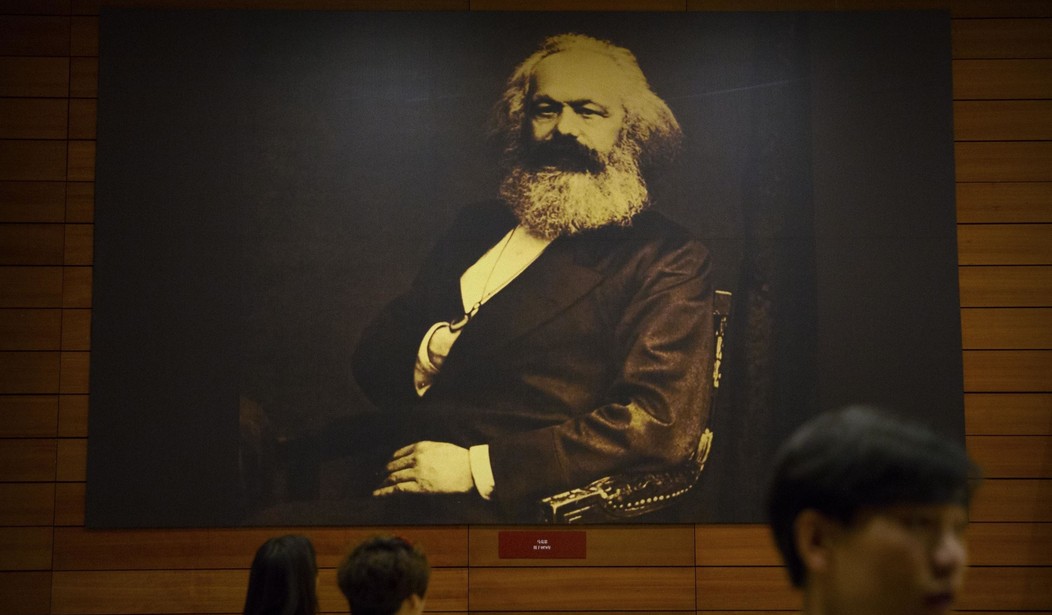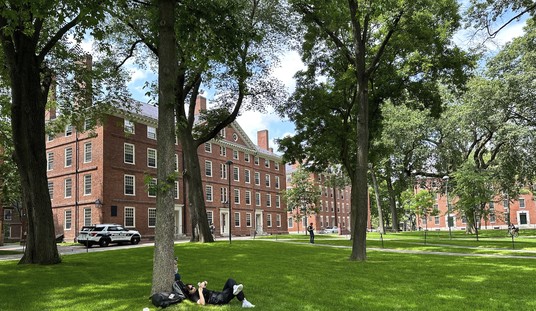Investment in China continues to be a worrisome prospect for companies doing business there. A new report issued jointly by the US and European Chambers of Commerce says the situation is the worst it has been in decades.
The papers by the American Chamber of Commerce in Shanghai and the European Union Chamber of Commerce in China portray a business environment that has become more difficult to navigate. Companies find themselves caught between a Beijing that has been outwardly solicitous of their investment but at the same time focused on its security priorities. Nearly two-thirds of European companies in China have seen business opportunities thwarted by China’s ever more complex web of regulations…
Foreign direct investment plunged 87 percent from April through June, compared with the same months last year, according to Nomura, a Japanese bank. That is the lowest quarterly level since modern records began in early 1998…
While Chinese government officials have publicly pitched foreign executives to invest more, saying China was eager to do business, Beijing has also doubled down on policies emphasizing security and self-reliance that can make it harder for foreign companies to conduct business in the country…
Multinationals have issued temporary “burner” laptops and smartphones to executives visiting China for several years, to prevent sensitive corporate information from being stolen. But this summer, some companies have begun adopting the reverse policy: They are also not allowing executives based in China to leave the country with their laptops and often their smartphones.
There’s a sense that China is saying one thing and doing another. And closer watchers of China suggest all of this security consciousness is coming from Xi Jinping himself for a very simple reason: He’s a communist true believer.
Ryan Hass, director of the China Center at Brookings, cites Xi’s “ideological rigidity and lust for control” which “is at odds with the pragmatism that defined China’s period of reform and opening.”
“China’s private sector, previously the growth engine of the Chinese economy, is paying the consequences,” he told CNBC.
It is Xi who has brought China’s pragmatic era of governance “to a crashing halt,” said Kevin Rudd, the former prime minister of Australia, in the Foreign Affairs news publication in December 2022. Rudd, who penned a 420-page thesis on Xi’s worldview for his PhD at Oxford University, says Xi views the world through “Marxism-Leninism,” an ideology many thought dead and that China had left behind…
Journalist Bob Davis was in Beijing for the Wall Street Journal in 2013 when Xi made a much-heralded speech in which he specifically cited “the decisive role of the market.” That led many to believe that Xi would continue to expand the role of the private sector. “It is widely understood that we misinterpreted him. He’s an orthodox Marxist,” says Davis.
Anne Stevenson-Yang, founder of J Capital Research, puts the blame less on Xi and more on the communist party itself which was diminished by the growth of private enterprise.
“As the private economy and entrepreneurs become more powerful, the party will rein them in,” which is the reason she says high-profile business leaders such as Jack Ma have been sidelined. “In the U.S., money flows to power and power flows to money. In China, money is supposed to flow to power, but not the other way around.”
Whether you see Xi Jinping as the driving force pushing a communist resurgence or the communist party backing Xi to achieve the same thing, the point is that communism is back. That necessarily means more suspicion of private enterprise, especially foreign private enterprise, and more reliance on state-owned enterprise.
My own guess is that China could continue to have a booming economy as the world’s manufacturing hub except Xi is too much of an ideologue to allow it. His decision to tighten up security at the same time China’s population is starting to decline sharply (thanks in part to decades of the one-child policy) is going to be seen as a case of terrible timing in the future.







Join the conversation as a VIP Member